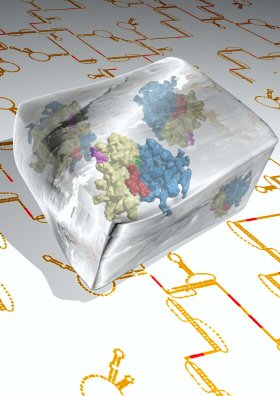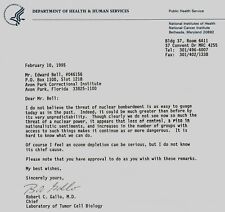
Scientists in the UK say they have cracked one of the key biological processes used by viruses such as HIV and SARS when they replicate. Their paper, published in Nature, documents the role of particular elements during virus-induced “frameshifting”.
When viruses invade our body, they interfere with the host cell processes that our bodies use to replicate cells. Protein synthesis is often one of the targets and the new study identifies the mechanism known as “ribosomal frameshifting” that forces this misreading of the genetic code during protein synthesis.
For correct expression, genes depend upon the accurate translation of the “frame” of the genetic code, which has a three nucleotide periodicity. HIV and SARS bring into the cell a special signal that forces the ribosome to back up by one nucleotide, pushing it into another “frame” and allowing the synthesis of different viral proteins. These are then exploited by the virus to help it survive and multiply.
Dr Professor Julia Goodfellow, Chief Executive of the Biotechnology and Biological Sciences Research Council (one of the main funders of the research), said that the work was another step toward understanding the fundamental workings of viruses like HIV and SARS. “The treatments and therapies that we now take for granted are based on decades of work by scientists furthering our understanding of natural processes. The work to explore fundamental biology today is laying the foundation for potential medical applications over the next twenty years,” she added.


















Comments are closed.